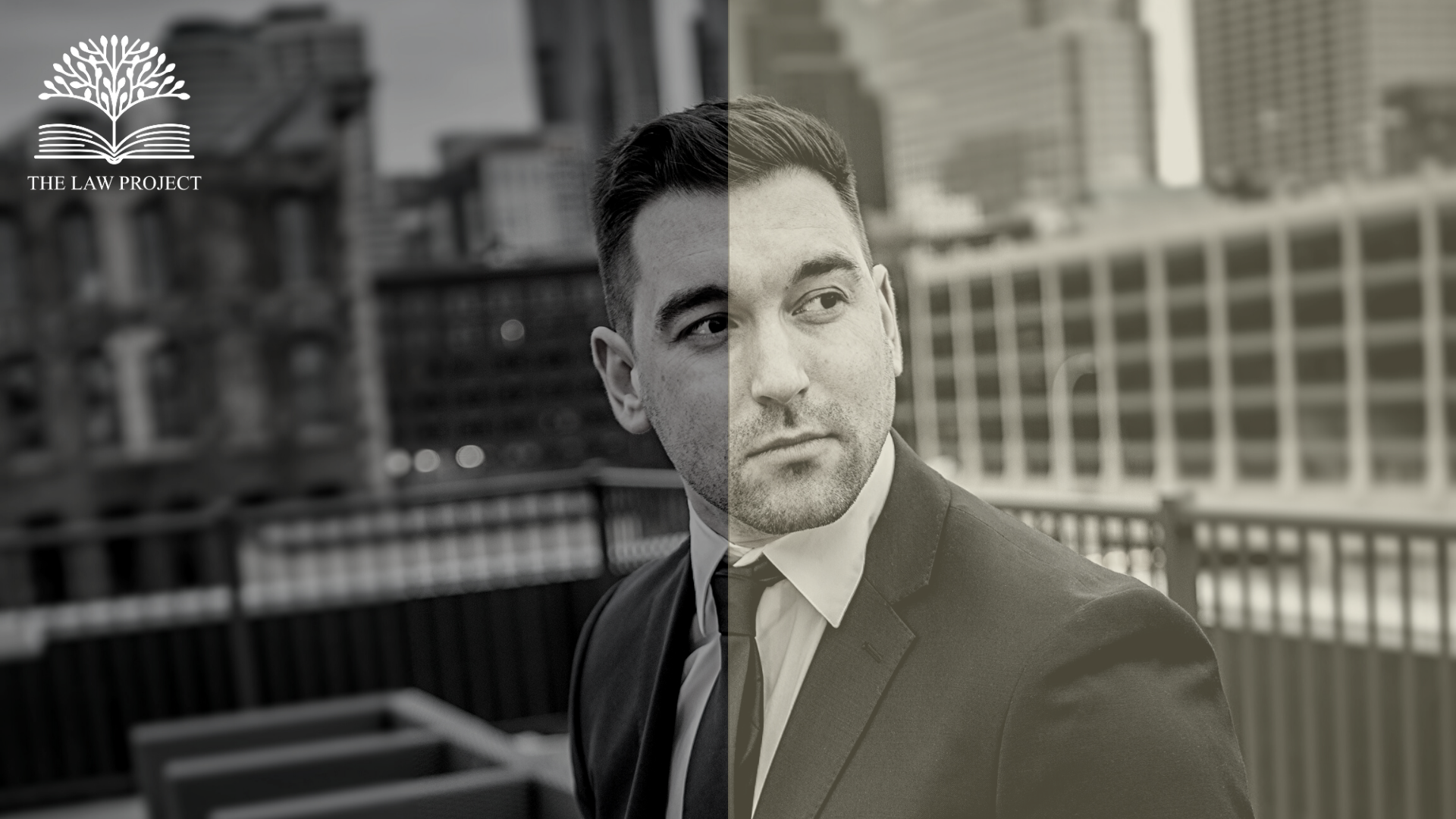In 1884, four seamen became stranded out at sea on a rowboat with no food or water. Three of these men were adults (Thomas Dudley, Edward Stephens, and Brooks) and one was a teenager (Richard Parker).
On the fourth day of being stranded, the seamen caught and ate a turtle and drank rainwater. On the eighteenth day, the seamen had not eaten for 8 days straight and not drank for 5 and they began discussing what should happen if this continues.
Thomas and Edward said that one of the seamen should sacrifice themselves as food for the others and Thomas further said that the person to sacrifice should be decided by random chance. Thomas and Edward later changed tact and said that the teenager should be sacrificed as he has no family, and he was likely to die first anyway. Brooks did not agree, and the teenager was not included in the conversation.
On the twentieth day, Thomas and Edward decided to kill the teenager. Thomas slit the teenager’s throat with a knife and he did not fight back as he was so weakened. Over the next four days, all three seamen ate the teenager and drank his blood.
On the twenty-fourth day, the three seamen were spotted by a passing-by boat and were rescued and taken ashore. When they reached land, Thomas and Edward were charged with murder.
In Court, their defence was that they killed the teenager out of necessity because they did not know when or if they were going to be rescued. They said that if they had no food, all four of the seamen were going to die and that they chose to sacrifice the teenager as he was going to die first anyway.
The Court held that necessity was not a defence to murder, and that the teenager did not consent to being killed. The Court held that there was no valid reason for choosing him and that they prayed on the teenager as he was the weakest. Thomas and Edward were found guilty of murder and were sentenced to death.
Further Reading
Case Name: Regina v Dudley and Stephens (1884) QBD 273



![Website Image - R v Kelly [2012] NSWSC 1104](https://images.squarespace-cdn.com/content/v1/5817bb2746c3c4a605334446/1631527018907-MLWCR0G7QD8E56NMQYYE/Website+Image+-+R+v+Kelly+%5B2012%5D+NSWSC+1104)
![Website Image - Nursing and Midwifery Board of Australia v Kumar (Review and Regulation) [2019] VCAT 1099.png](https://images.squarespace-cdn.com/content/v1/5817bb2746c3c4a605334446/1630303225897-LO8EIGVVUX5EVMU72W51/Website+Image+-+Nursing+and+Midwifery+Board+of+Australia+v+Kumar+%28Review+and+Regulation%29+%5B2019%5D+VCAT+1099.png)
![Website Image - Australian Competition and Consumer Commission v Telstra Corporation Limited [2021] FCA 502.png](https://images.squarespace-cdn.com/content/v1/5817bb2746c3c4a605334446/1630381585871-SACGX94G1UUGABULARC2/Website+Image+-+Australian+Competition+and+Consumer+Commission+v+Telstra+Corporation+Limited+%5B2021%5D+FCA+502.png)
![Website Image - Avan v The Queen [2019] VSCA 257.png](https://images.squarespace-cdn.com/content/v1/5817bb2746c3c4a605334446/1630385655461-A2LUZBXZR9J9957ORM2W/Website+Image+-+Avan+v+The+Queen+%5B2019%5D+VSCA+257.png)




